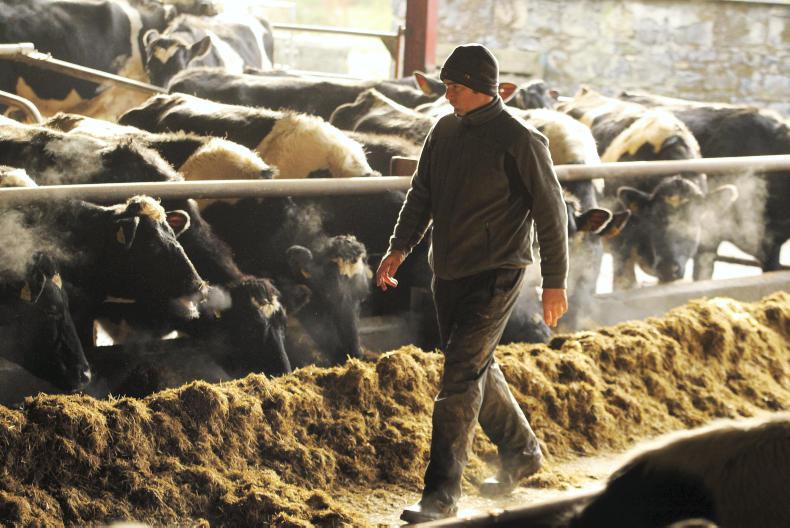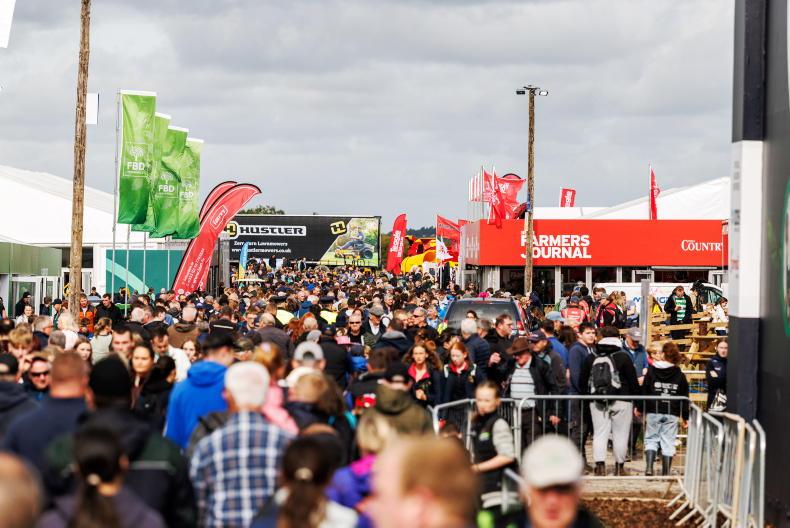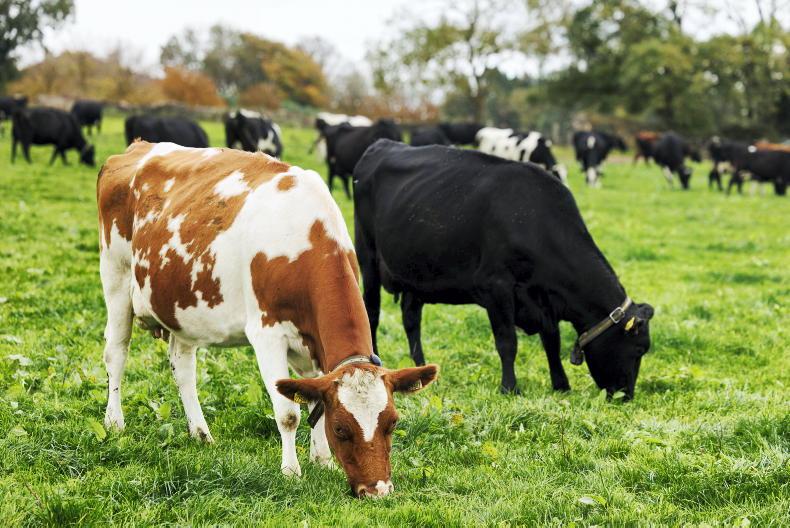We will be glad to see the back of 2020 for a lot of reasons on the farm. We’ve had the obvious impact of COVID-19 since early in the year with, in reality, more of an impact on personal lives and family interactions than on our farming business.
Milk price was a worry for a while but, thankfully, we avoided a severe shock on that front and recovered quickly through the year.
We also had Brexit hanging around like a bad smell all year. All of the uncertainty and missed deadlines continued right up to the last minute. We now have a new coronavirus variant and resulting travel restrictions added further complications.
Milk price was a worry for a while but, thankfully, we avoided a severe shock on that front and recovered quickly through the year
The other big issue this year on farm is the movement of the environment to centre stage in every meeting, conference and open day. All of those meetings have been virtual or online but the message has been the same with all of them – if we don’t reduce our impact on the environment, our derogation and our social licence to farm is at risk.
We have been working with closed periods and slurry storage requirements for over 10 years now, but it’s obvious that some of those rules are being flouted by some. It hasn’t helped that advice was given to plenty of expanding farmers to get the stock, grazing infrastructure and milking parlour built and let everything else follow on behind.
The reality is that it takes over €5,000 of investment per cow to set up a dairy farm to be fully covered and compliant with slurry storage, silage pits and calf housing, etc.
This would result in bank repayments of over €1,500/ha if stocked at three cows/ha.
We hear all of the headlines on profit on dairy farms, but very little on how much of that profit is needed to cover these repayments.
We now have a new set of more severe rules to lessen our impact on the environment. More cost and more investment is needed to stay compliant with these new rules.
Penalties
There is no carrot of a grant with this round of regulations. This time it is all stick, with the threat of fines and penalties for non-compliance.
The end of the year is normally a time for looking back and reflecting on maybe a bit of progress on farm or looking forward to what the new year will bring with new life and starting a new production cycle.
This year, however, there is a bit more looking over the shoulder wondering what regulations are coming down the track next.
Maybe we can look at it positively though and work together to improve and strengthen the Irish dairy industry.
If we make these changes now and reduce our environmental footprint, improve biodiversity and reduce greenhouse gas emissions it will be a great story to tell to our consumers.
It remains to be seen if we will ever be rewarded financially for this effort but we may not be around to find out if we don’t? get working on it quickly.
Hopefully we, as an industry, can make some progress in this area throughout 2021 and hopefully we are then given time for these new rules to take effect and to see some improvements in air and water quality tests.










SHARING OPTIONS